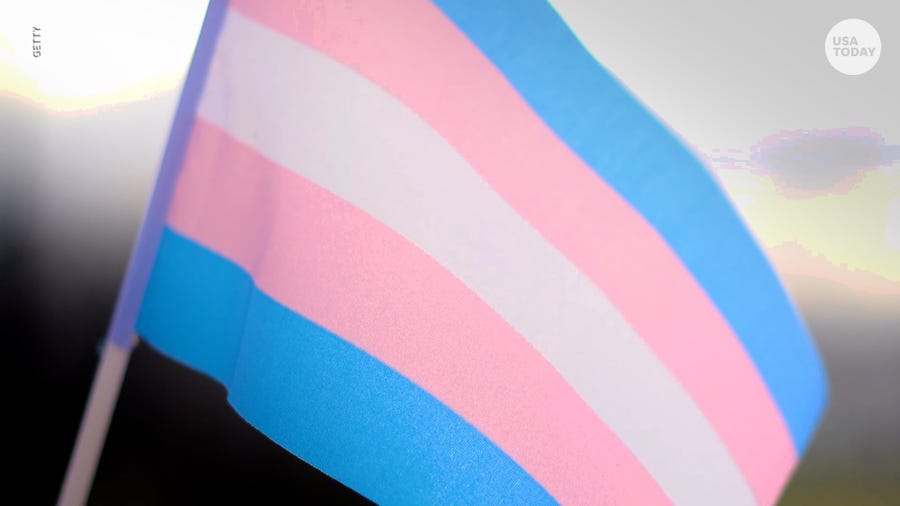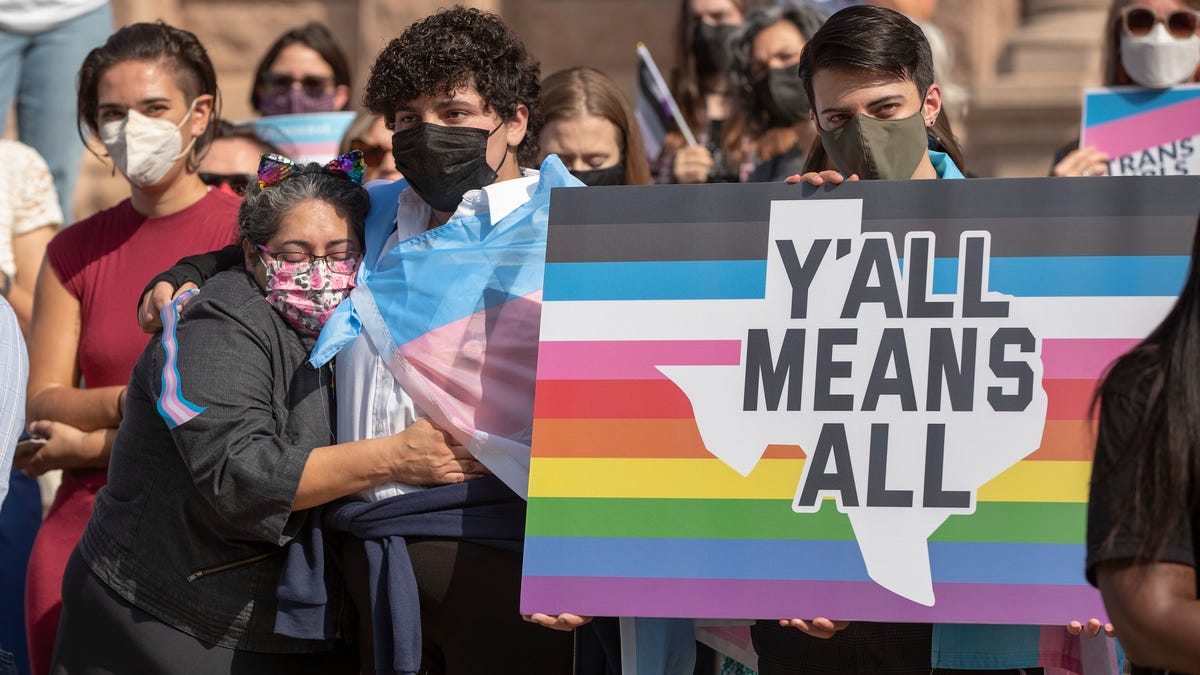 |
| |
| |
| |
| |
| |
| Today is Transgender Day of Visibility. We have several columns about LGBTQ+ issues and we hope you enjoy reading them. |
| |
| By Vivian Topping and Rodrigo Heng-Lehtinen |
| When we were growing up in the 1990s, the mere existence of transgender kids was an unthinkable reality. The only depictions of transgender people, if there were any, made us out to be a joke, an oddity, disgusting, or all three. |
| It was far more common for transgender people to be fired from jobs, denied housing or face violence just by walking down the street. We still face that now, but after all these years, things are getting better. |
| We know the vast majority of people in our country support transgender people, and that support is increasing. Generation Z accepts transgender people at a higher rate and identifies as transgender more than any other generation. We've made incredible progress in building a shared understanding of who transgender people are – our lives, our dreams, our stories. |
 | | Transgender Awareness Week stares down challenges of bathroom bills and hate crimes | | GETTY | |
| |
| By Rex Huppke |
| Transgender Americans are being buffeted by waves of cruelty. |
| Laws being proposed or passed in states across the country are attempting to restrict access to gender-affirming care, access to high school sports and even access to books that address transgender issues. |
| Behind all these laws is the message that transgender people, adults or children, are not equals. That they are somehow an aberration, a subject to be avoided or stashed away in a box in a dark backroom corner of a library. |
| That is as cruel as it is baseless. And these laws are as damaging as they are opportunistic. |
| |
| By Suzette Hackney |
| In any administration, the public health of Americans is a priority – a tenet that signifies prosperity and perseverance among us. But during a global pandemic, when relative calm turns to crisis seemingly overnight, community well-being instantly becomes a matter of life or death for millions of Americans. |
| Two years into the COVID-19 pandemic, this fact continues to keep Adm. Rachel Levine up at night. |
| Levine is the U.S. assistant secretary for health for the U.S. Department of Health and Human Services and the head of the U.S. Public Health Service Commissioned Corps, where she leads a group of 6,000 uniformed public health officers. |
| In normal times, her job is important. During a pandemic, it's crucial. |
Other recent columns on LGBTQ+ issues |
| |
| This newsletter was compiled by Jaden Amos. |
| |
| |
| |
| |



No comments:
Post a Comment